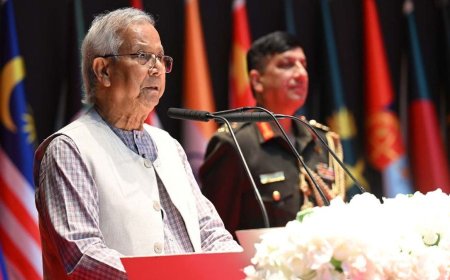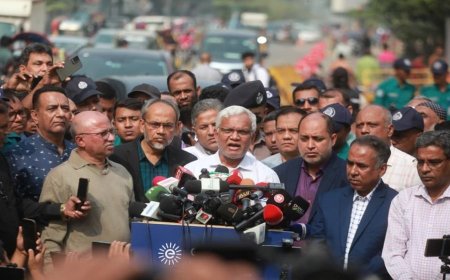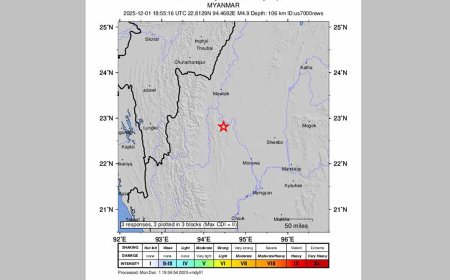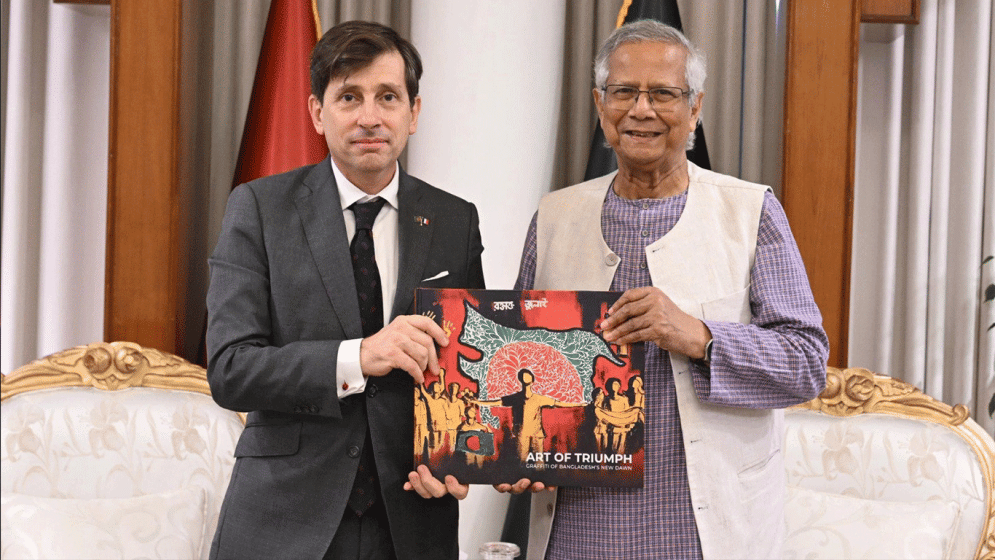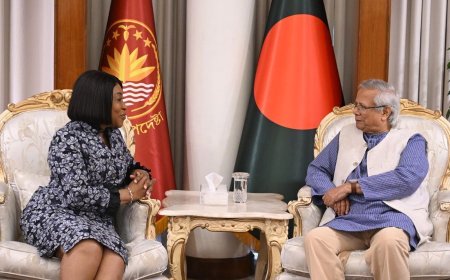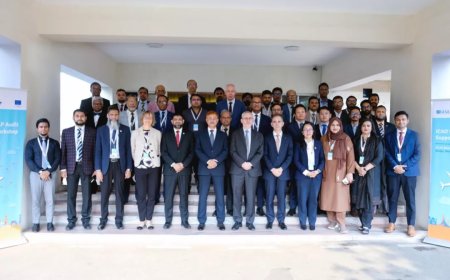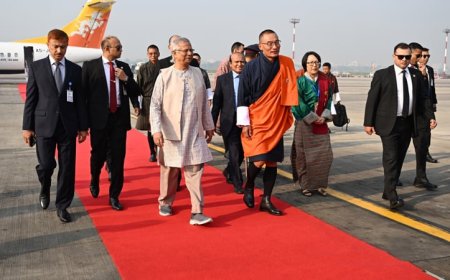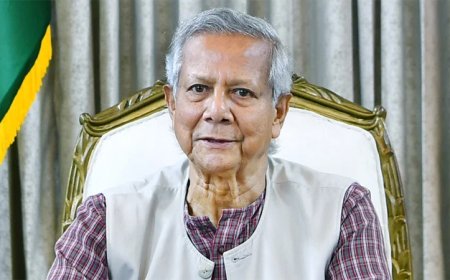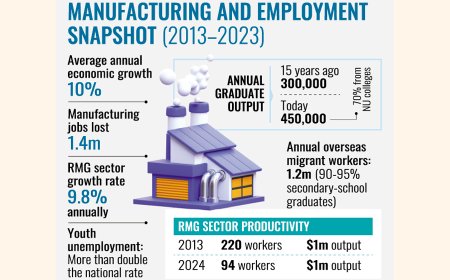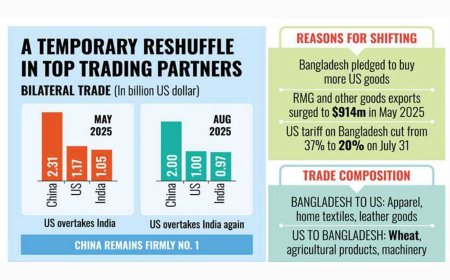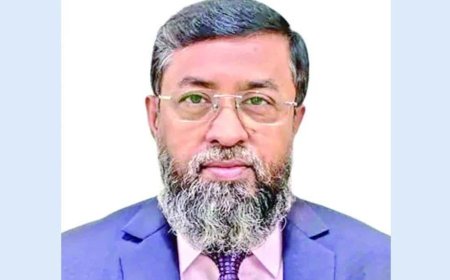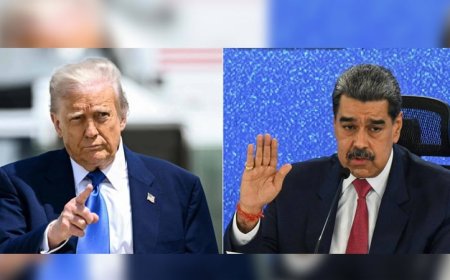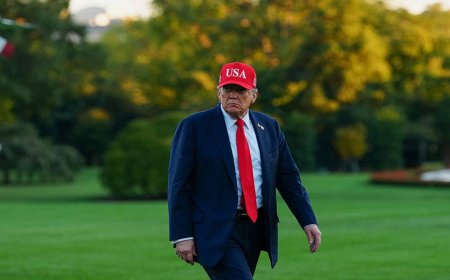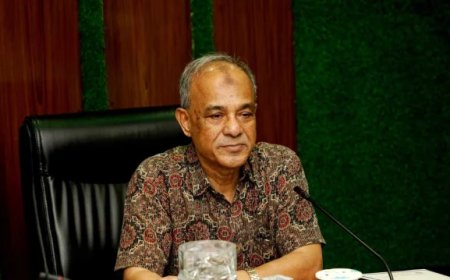Expatriate Voting Mechanism to be Finalised Shortly: Chief Election Commissioner
CEC AMM Nasir Uddin announced that the voting framework for expatriates will soon be concluded, incorporating suggestions from technical experts to guarantee their electoral participation.
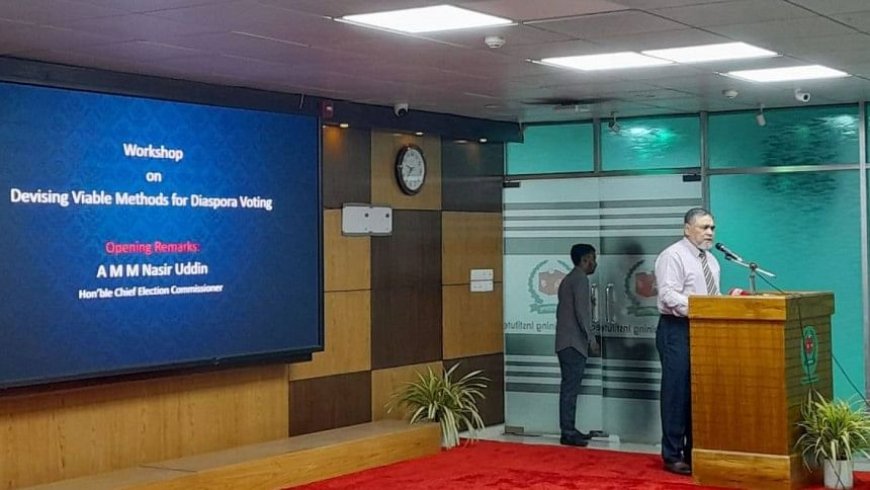
Workshop Held to Finalise Expatriate Voting Method
Election Commission Hosts Expert Consultation at ETI, Dhaka
The Election Commission (EC), the constitutional authority responsible for conducting elections, organised a daylong workshop titled "Determining the Voting Method for Expatriate Bangladeshis" at the Electoral Training Institute (ETI) in Agargaon, Dhaka. The session was attended by approximately 80 participants, including election officials and subject-matter experts from institutions such as Dhaka University, BUET, MIST, and representatives from various government, non-government, and development partner organisations.
Focus on Expert Recommendations and Voting Options
The workshop aimed to gather professional insights to determine a suitable voting method for Bangladeshis residing abroad. Among the options discussed—postal voting, online voting, and proxy voting—priority was given to proxy voting based on technical and logistical considerations. The EC officials highlighted the need for a reliable and secure system that ensures participation while maintaining the integrity of the electoral process.
Inauguration by the CEC and Emphasis on Pilot Implementation
Chief Election Commissioner (CEC) AMM Nasir Uddin inaugurated the workshop, which was also attended by all four election commissioners and EC Senior Secretary Akhtar Ahmed. In his address, the CEC reiterated the Commission’s commitment to safeguarding the voting rights of expatriate citizens. He expressed hope that expert inputs from the workshop would guide the finalisation of a viable voting method.
Next Steps: Framework Development and Pilot Projects
The CEC stated that a comprehensive framework would be developed based on expert recommendations, following which the selected voting system would be piloted in specific countries. He emphasised the importance of considering the social and political contexts, educational levels of voters, and expatriate living conditions while designing the voting method. He also invited participants to suggest practical strategies and locations for pilot implementation, noting that any chosen method must undergo limited-scale testing before being rolled out on a broader level.
What's Your Reaction?








